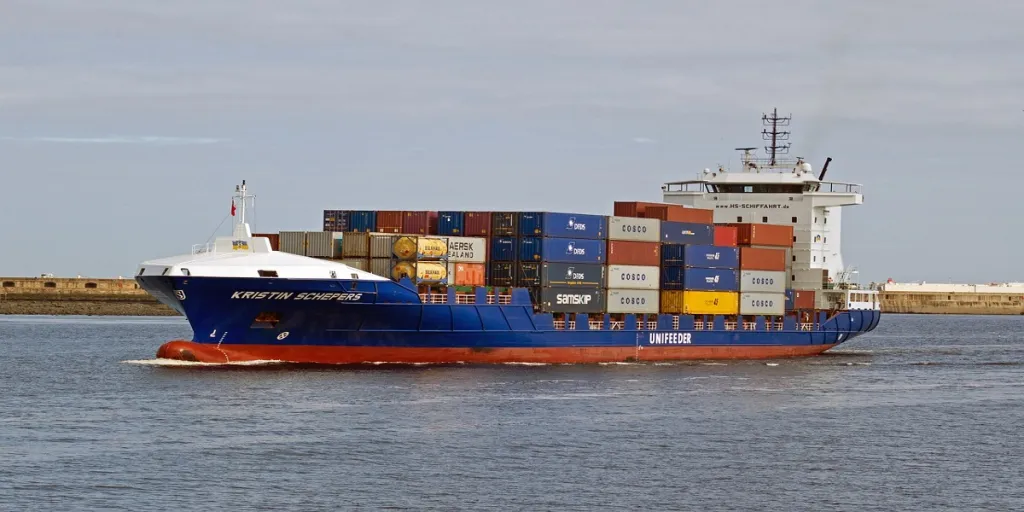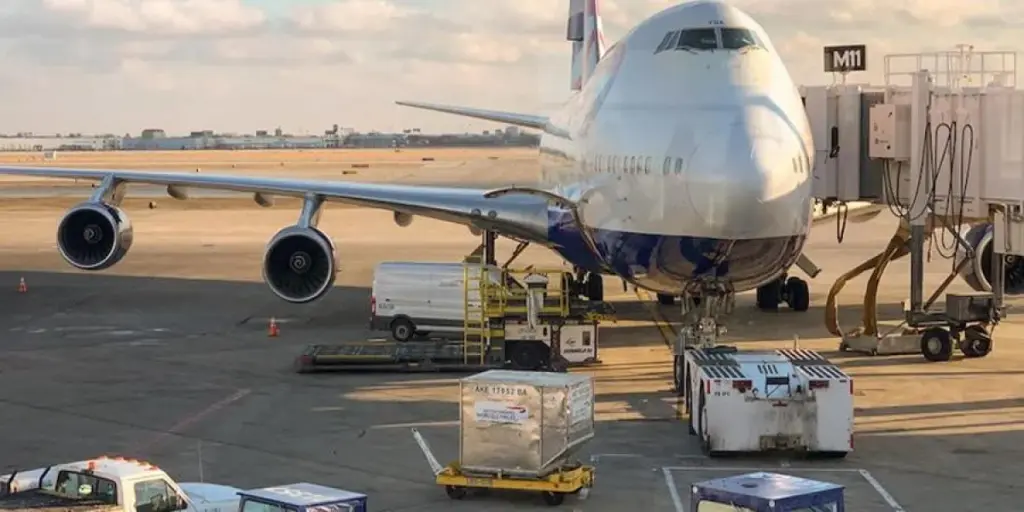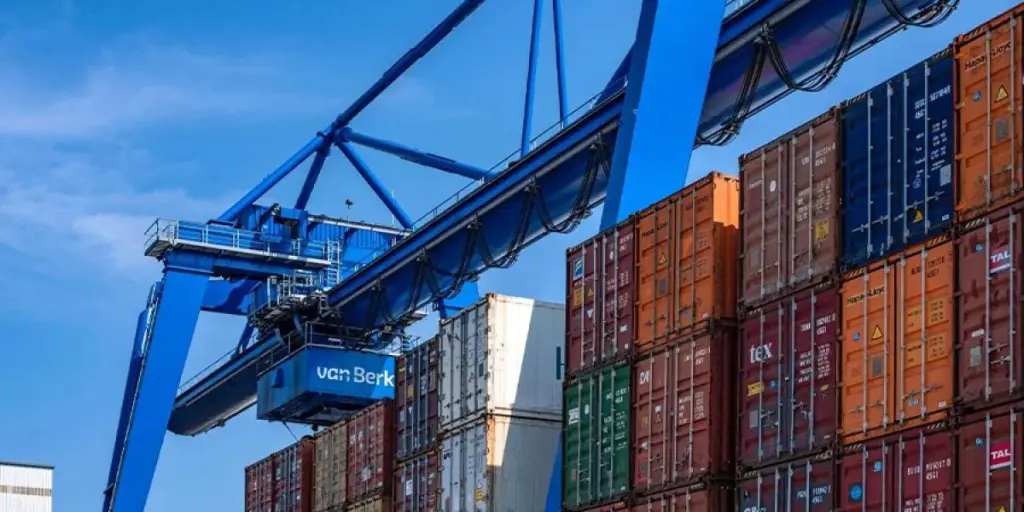Almost all business owners hope that their customers make frequent use of their products and make every effort to encourage their customers to return for more purchases. Similarly, customers generally wish to enjoy products as much as possible; for example, most people can’t get enough vacation packages or fitness memberships.
However, there is one particular product that escapes such a typical business cycle—insurance. Indeed, whether it’s life insurance, car insurance, or cargo insurance, no one enjoys making a claim. Despite this, such insurance is crucial for risk management, particularly in the case of cargo shipping, as it plays a significant role in safeguarding the integrity of goods during transportation.
Read on to uncover the meaning and types of cargo insurance, including the top cargo insurance coverage policies, the advantages of cargo insurance, and the key elements to consider when selecting the right cargo insurance policy.
Table of Contents
1. Understanding cargo insurance
2. Benefits of cargo insurance
3. Key considerations when choosing cargo insurance
4. The right coverage for protection
Understanding cargo insurance
What is cargo insurance

Just like other forms of insurance, cargo insurance provides essential protection for its insured party, which, in this context, refers to the goods being transported across various transportation modes, both internationally and domestically. This insurance offers the necessary financial compensation to cover the losses in cases of any damaged or lost cargo.
High-value cargo insurance, in particular, can be especially useful since it is designed to address specific risks like theft and damage that are pertinent to valuable goods. In order for this financial protection to be most effective, it is crucial to accurately assess the value of the cargo to ensure adequate coverage.
Types of cargo insurance

Cargo insurance types can be classified based on different transportation modes. Marine cargo insurance is the most common type of cargo insurance since sea freight reportedly handles over 90% of global trade. This insurance covers all goods transported by sea, providing protection against marine risks such as collisions, sinking, and pirate attacks.
Besides that, land cargo insurance is the next most commonly found cargo insurance. This is particularly popular in the US, where truck freight is the dominant freight mode. This insurance covers all types of land transportation modes and protects against common road and rail risks, including theft, accidents, and damage due to various hazards.
Air cargo insurance, on the other hand, is designed to cover goods transported by air. This type of cargo insurance protects goods from various risks associated with air travel. This includes losses or damages due to various air transportation accidents such as air turbulence and crashes.
Finally, multimodal transport insurance offers comprehensive coverage for shipments involving multiple modes of transportation and provides extensive protection for all transportation stages in a single journey.
Coverage policies for cargo insurance

Based on different insurers’ strategies and offerings, there are various cargo insurance coverage policies. Below are some of the most popular policies, arranged from the simplest to the most complex:
- Single Coverage
As the name implies, this is the simplest and most straightforward cargo insurance policy since it covers only a single shipment. This policy is therefore best suited for small businesses that ship products occasionally and it is available across all transportation modes, including marine, land, and air cargo.
- Contingency Insurance
This policy is more complex than the single coverage policy as it may cover multiple cargoes instead of individual cargo only; At the same time, it is also a policy that remains inactive until it is activated. Simply put, it is more of a “dormant” type of cargo insurance since it only acts as a backup insurance plan as suggested by its name.
The main reason it’s a contingency arrangement rather than a primary one is because it is applicable for the selling situation where the primary insurance is supposed to be handled by the customers. Sellers, however, can opt for this policy as a backup policy that only gets activated in case the customer fails to take up the necessary or sufficient policy. If there are no issues, the insurance remains inactive, and the seller does not need to make a claim. While mainly related to marine cargo, this also applies to both land and air cargo.
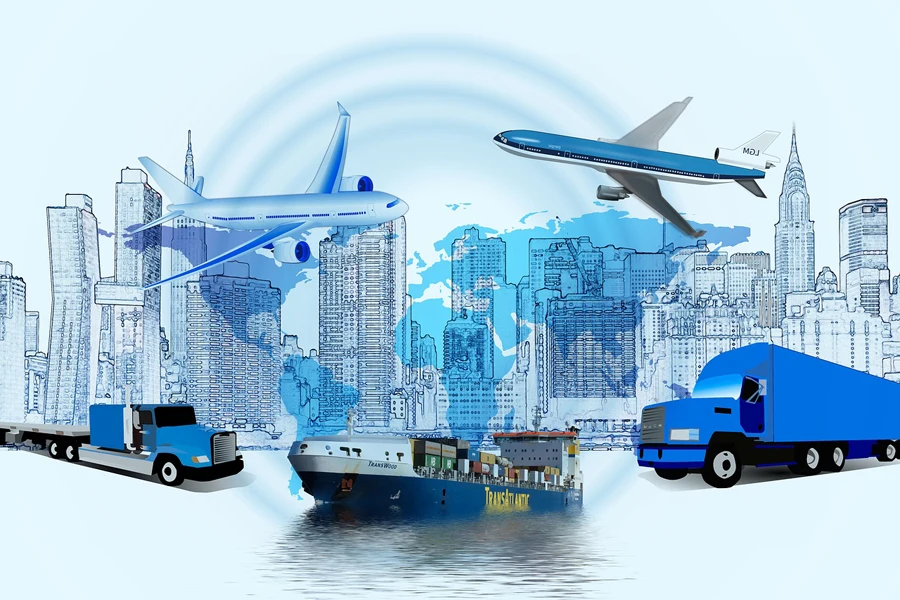
- General Average
Compared to single coverage policies and contingency insurance, this type of policy operates on a shared responsibility principle where multiple cargo owners with goods on the same vessel share the entire cargo responsibility together. This means that, for example, in the event of a severe storm at sea that damages certain cargo on the vessel, all costs of losses will be fairly shared among all the cargo owners on the same vessel.
The fair sharing principle, however, also signifies that if only partial cargo is lost or destroyed during the shipping process, or should an issue arise, the rest of the cargo owners must still bear the coverage, even if their shipments are perfectly intact. Although this concept is mainly applied to marine cargo, it can be extended to certain multimodal transportation modes, spanning beyond marine shipping.
- Open Coverage
This policy is a favorite among those with frequent or consistent shipments over a period of time, as it provides flexible coverage for a predefined period, covering multiple shipments continuously.
This coverage policy is also available for all types of freight modes, from marine to land and air cargo. Essentially, any shippers with regular, ongoing delivery requirements across various freight modes can rely on this policy for a specific period, usually up to one year, to enjoy comprehensive coverage.
- All-Risk Coverage
Lastly, the all-risk coverage policy is the most comprehensive cargo insurance policy among all cargo insurance options and is often considered the most cost-effective. It’s regarded as such because it protects against most types of risks that could cause loss or damage to the cargo. From cargo theft and damage to wars and customs rejections, this coverage policy provides extensive protection.
The all-risk coverage policy is especially beneficial for shipments with high-value items or those involving new and fragile products since these items are more vulnerable to a wide range of potential risks.
Benefits of cargo insurance

The primary advantage of cargo insurance is the peace of mind it offers to shippers by providing protection against typical transportation risks and threats that may endanger the cargo during transit. Depending on the coverage options, the most comprehensive and critical protection that manifests through cargo insurance is in terms of financial and cash flow stability.
Moreover, since cargo insurance differs significantly from carrier liability, which might only cover a small portion of the cargo’s value, it can hence provide more extensive coverage to protect against greater financial loss, ensuring businesses are better shielded from significant financial setbacks.
In essence, these cargo insurance policies offer a form of financial security, reducing financial liability and losses incurred due to unforeseen cargo issues. Such financial protection essentially translates to more stable financial performance and healthy cash flow, maintaining business continuity and growth despite any potential disruptions or unexpected incidents.
Key considerations when choosing cargo insurance

Coverage limits
Assessing the coverage scope offered by the cargo insurance policy is one of the most important criteria when selecting the appropriate cargo insurance. This is a crucial assessment as the extent of the coverage has a direct correlation with the value of the cargo and the risks involved in its transportation.
The first essential step to determine the right coverage limits is to consider the actual full value of the entire cargo, including potential replacement costs and the financial impact of any delays or losses. This is a critical step since underestimating the value of the cargo could result in insufficient compensation. In contrast, overestimating the cargo value can lead to unnecessarily high premiums without additional advantages, such as enhanced coverage options or better claims handling.
Policy exclusions and limitations

Next, it’s equally important to understand the exclusions and limitations of a cargo insurance policy to get a full picture of the list of uncovered items. Typically, insurers tend to exclude preventable risks such as issues related to or arising from inadequate packaging or faulty products.
Furthermore, certain policies may also exclude specific damages or incidents, such as those resulting from natural disasters, wars, or any other unforeseeable events. Overall, identifying these limitations is crucial for shippers to recognize any potential coverage gaps and take the necessary precautions to manage these risks accordingly.
Coverage for various shipping modes
In addition to the above, it’s equally crucial for shippers to consider the coverage involving various freight modes. As a general rule of thumb, the broader the coverage for various shipping modes, the greater the flexibility and options the shippers have in terms of transportation arrangements. Such flexibility can significantly enhance the shippers’ ability to adapt to different logistical needs.
This is particularly important if multimodal transportation is involved to ensure comprehensive coverage across all transportation stages.

Claims process
Upon checking through all the above criteria, it’s time to also consider how efficient or cumbersome the entire claims process is. A clear understanding of the claim procedures is crucial in ensuring a smooth claim experience and also to determine whether it is advisable to select the particular insurers if the process is overly troublesome and complex.
Essentially, understanding the required timelines and all the documentation involved can help to prevent any delays. All insurance claims are typically reviewed according to the respective policy coverage, and prompt incident reports according to the guidelines outlined in the policy are hence vital for a smooth claims process.
Provider reputation and financial stability
Ultimately, it’s always wise and prudent to select insurers with a solid background and reputable standing. In essence, it is essential to choose providers that can demonstrate sound financial strength with proven stability. These experienced insurers should have sufficient and necessary resources to handle claims efficiently and in a timely manner in case of any unfortunate events.
The right coverage for protection

At its core, cargo insurance works as a protective mechanism and risk management tool that safeguards the transported goods, whether the route is international or domestic. Cargo insurance types are available across goods delivered through multiple transportation modes, including marine cargo, land cargo, air cargo, and multimodal transport.
The top 5 commonly available cargo insurance coverage policies include single coverage, open coverage, all-risk coverage, general average, and contingency insurance. The greatest benefit of cargo insurance lies in the extensive protection against risks and the financial security it provides to shippers in the event of unexpected incidents.
Furthermore, coverage limits, policy exclusions and limitations, coverage for various freight modes, a streamlined claim process, and the insurer’s reputation and financial stability are among the top 5 key considerations that all shippers should evaluate when selecting cargo insurance policies.
Visit Alibaba.com Reads regularly for updated logistics insights and ecommerce business tips, opening a wealth of valuable information today.
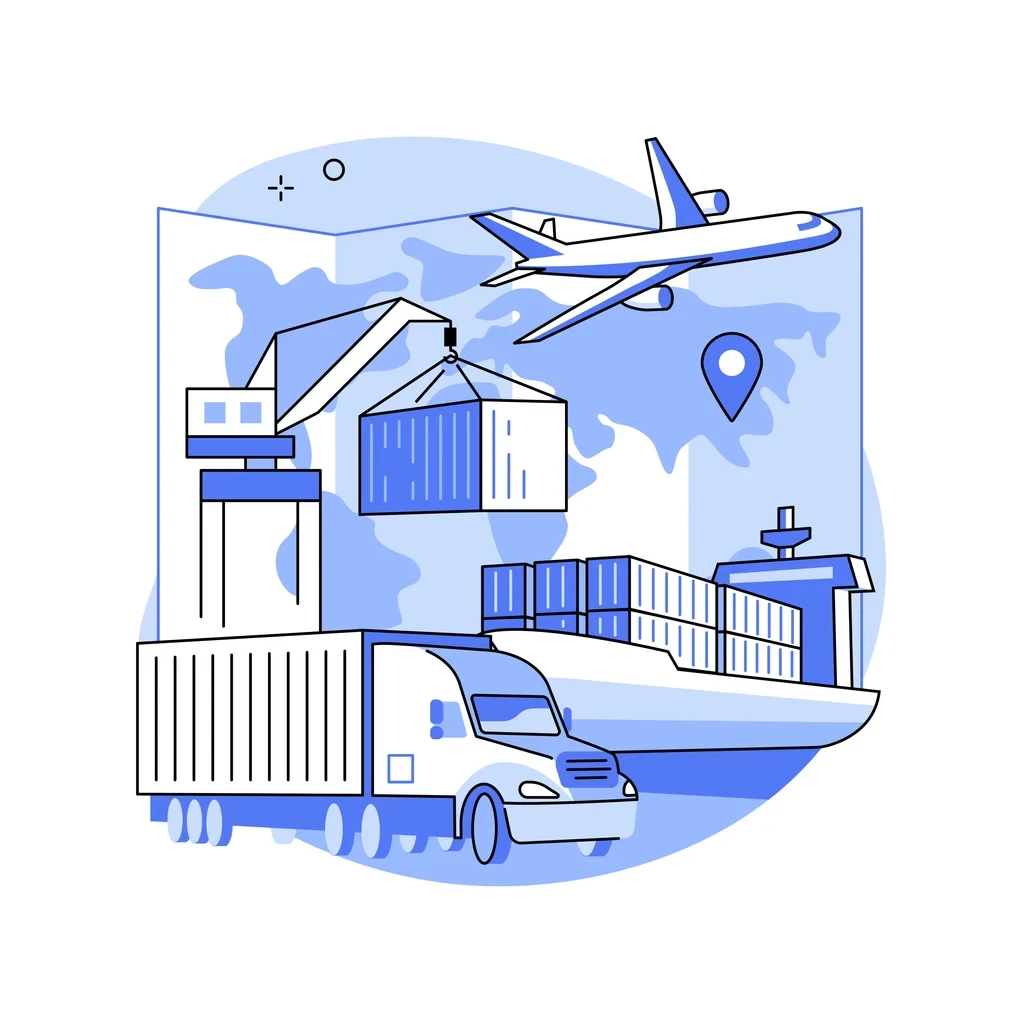
Looking for a logistics solution with competitive pricing, full visibility, and readily accessible customer support? Check out the Alibaba.com Logistics Marketplace today.

